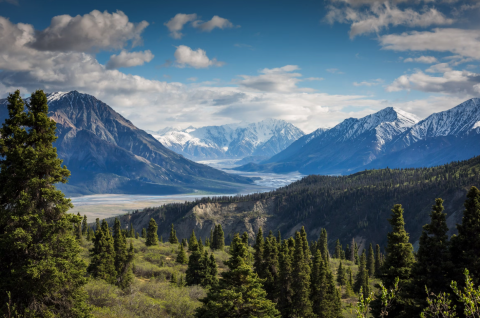
Best Practices and Resources for Tribal Engagement
The US has a unique Trust relationship with, and responsibility to protect and support, Tribal Nations. As the US Department of Energy (DOE) carries out its national security, energy, research, and environmental cleanup missions, it recognizes the utmost importance that consultation and transparent engagement plays in the Government-to-Government relationship.
It is the policy of DOE to recognize and fulfill its legal obligations to identify, respect, protect, and conserve tribal trust resources; carry out its trust relationship with federally recognized Tribes and tribal member entities including Alaska Native entities, as defined in DOE Order 144.1; and invite Tribes to consult on a Government-to Government basis whenever there is a DOE action with potential impacts on tribal interests. DOE Tribal interactions are guided by executive and departmental orders and administrative memos (included in the resources below).

Best Practices
- Understand and Respect Tribal Sovereignty: Take the time to research and learn about any Tribe you may be interacting with. Please remember that each Tribe is unique, with its own culture and history, one Tribe does not speak for another Tribe.
- Early and Transparent Communication: Developing relationships and trust with Tribes is a process that takes time. Early engagement facilitates building trust over time.
- Engage Trusted Entities: In engaging with Tribes, it is often best to work through existing relationships or trusted programs and organizations, if those are available.
- If there is no existing relationship, it is typically preferred to start with a formal letter sent to the elected Tribal Leadership from the Consortium’s leadership. See this DOE sample Tribal Leadership letter for reference
Selected Resources
A collection of documents, maps and other resources for engaging with Tribal Nations and discussing consent-based siting.
